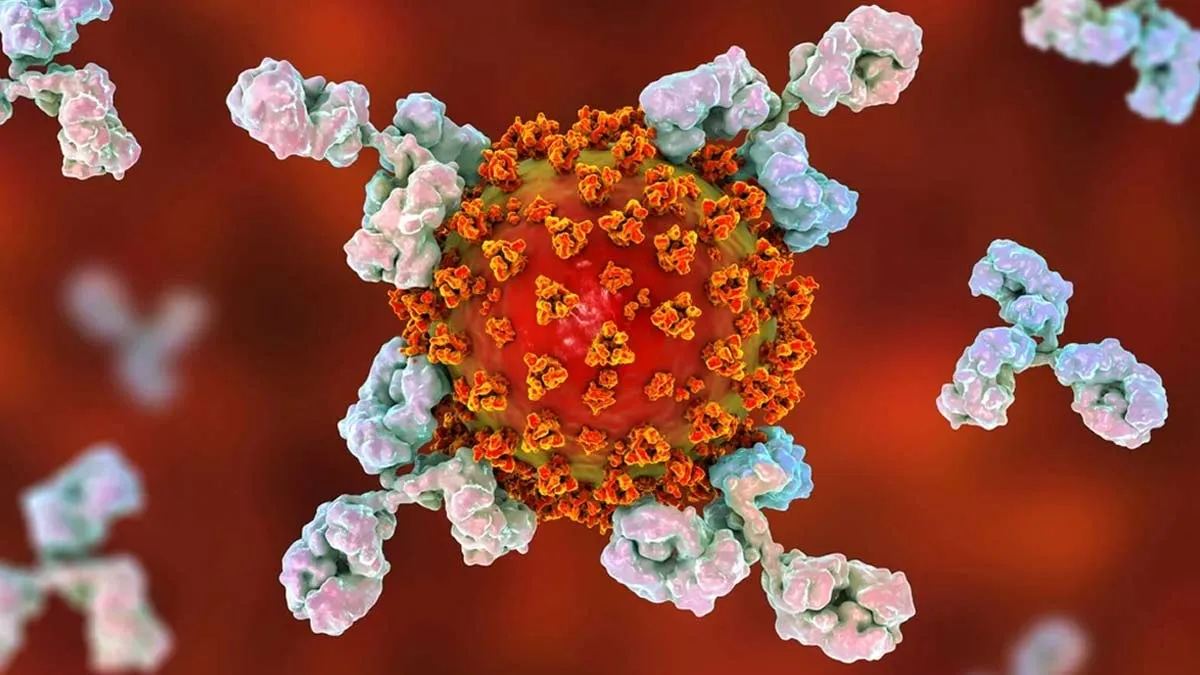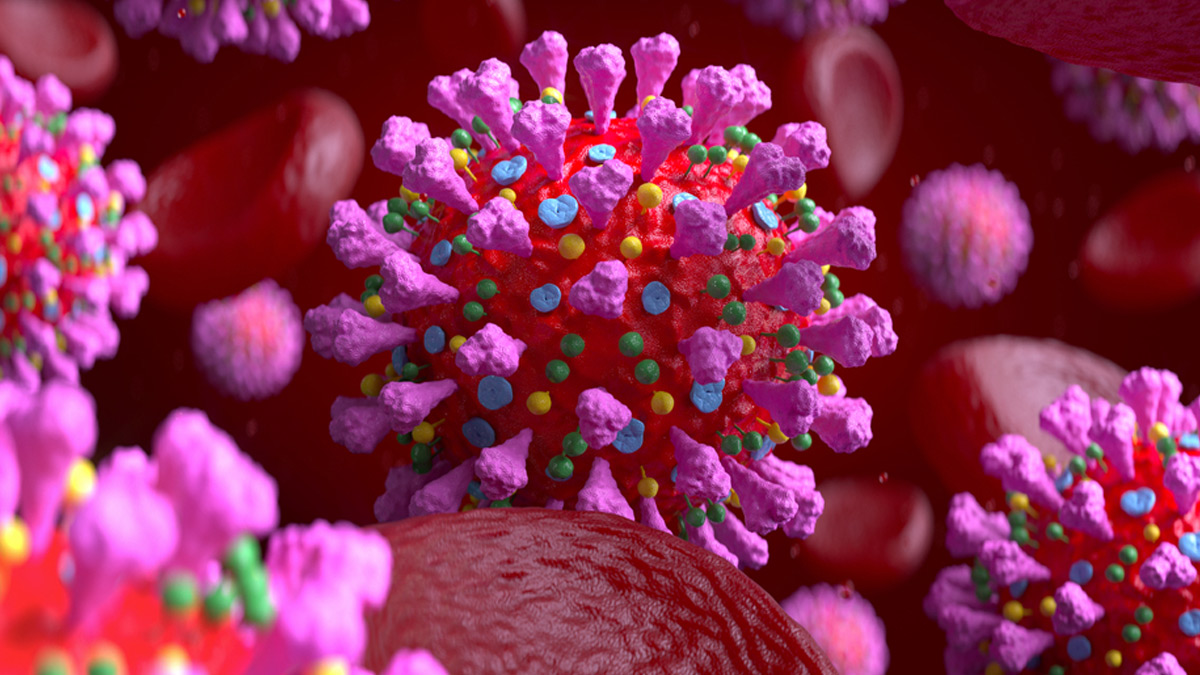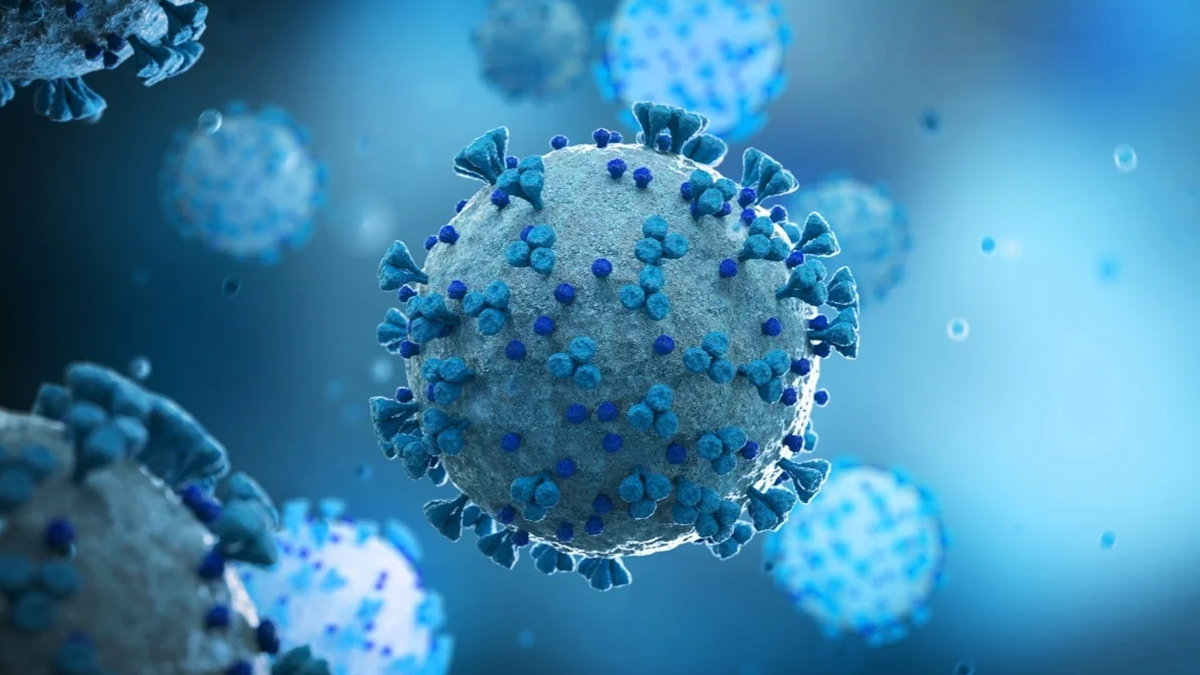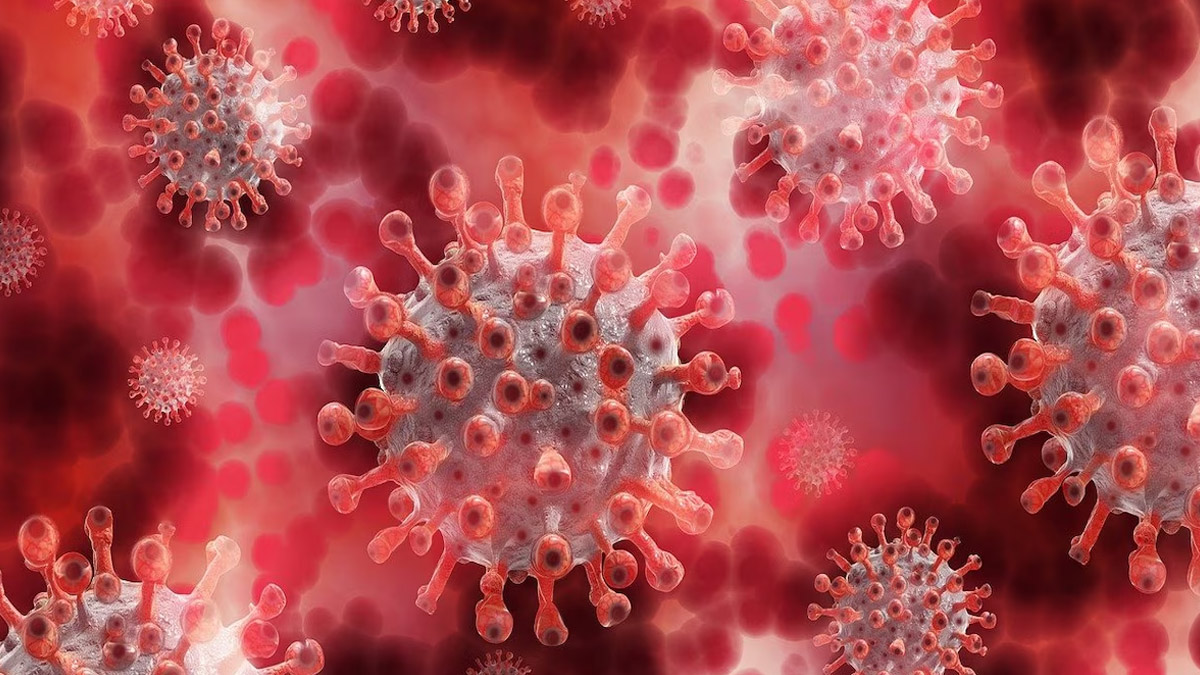
A 45-year-old woman from Garia, Kolkata, has been diagnosed with human coronavirus HKU1 (HCoV-HKU1) and is currently undergoing treatment at a private hospital in South Kolkata. While her condition remains stable, health experts emphasize the importance of understanding this rare virus, especially for those at higher risk. Unlike COVID-19, HKU1 is not widely known but can still cause significant respiratory issues in vulnerable individuals.
Table of Content:-
What Is Human Coronavirus HKU1?
Human coronavirus HKU1 (HCoV-HKU1) is a member of the Betacoronavirus family, which also includes the more severe SARS and MERS viruses. However, HKU1 is generally linked to milder respiratory illnesses and does not have the same pandemic potential as SARS-CoV-2.
First identified in 2005, HCoV-HKU1 primarily affects the upper respiratory tract, causing symptoms similar to those of the common cold. In some cases, however, it can progress to more serious conditions such as pneumonia or bronchiolitis, particularly in individuals with weakened immune systems.

Who Is Most at Risk?
Although human coronavirus HKU1 is not as commonly discussed as COVID-19, certain groups are more susceptible to its effects. These include:
- Older Adults: People over 60 years of age have a higher risk of developing complications.
- Infants and Young Children: Their developing immune systems make them more vulnerable.
- Individuals With Chronic Lung Diseases: Patients with conditions such as asthma or chronic obstructive pulmonary disease (COPD) may face increased risks.
Also Read: Kerala Teenager Tragically Dies of Starvation — The Dark Side of Extreme Dieting You Need to Know
- Immunocompromised Individuals: Those undergoing chemotherapy, organ transplant recipients, and people with HIV/AIDS have a weakened ability to fight infections.
- People With Preexisting Conditions: Individuals with diabetes, heart disease, or other chronic illnesses may experience more severe symptoms.
For the general population, HKU1 usually causes mild, self-limiting symptoms. However, in high-risk individuals, the infection can progress to severe respiratory complications.

How Does Human Coronavirus HKU1 Spread?
HCoV-HKU1 spreads in a manner similar to other respiratory viruses, including:
- Respiratory Droplets: The virus is transmitted through coughs and sneezes of infected individuals.
- Surface Contamination: Touching contaminated surfaces and then touching one’s face, mouth, or nose can lead to infection.
- Close Contact: Prolonged exposure to an infected person increases the risk of transmission.
Also Read: Delhi Sees Surge In Influenza B, H1N1 Cases Across Age Groups, Say Doctors
Since HKU1 is not as commonly tested for, it often goes undiagnosed and is mistaken for other seasonal illnesses.
Is There a Need for Concern?
Doctors treating the Kolkata patient have reassured the public that this is an isolated case and does not indicate a larger outbreak. While human coronavirus HKU1 is not new, it is infrequently diagnosed because its symptoms resemble those of common colds and flu.

Prevention Tips
Although there is no specific vaccine or antiviral treatment for HKU1, individuals can take preventive measures to reduce their risk of infection:
- Practice Good Hand Hygiene: Regularly wash hands with soap and water for at least 20 seconds.
- Wear Masks in Crowded Areas: This can help prevent respiratory droplet transmission.
- Avoid Close Contact With Sick Individuals: Maintain distance from those displaying flu-like symptoms.
- Disinfect Frequently Touched Surfaces: Regularly clean door handles, mobile phones, and other high-touch objects.
- Maintain a Healthy Lifestyle: A strong immune system can help the body fight infections more effectively.
Bottomline
While human coronavirus HKU1 is not as widely known as COVID-19, it remains an important respiratory virus to be aware of, particularly for high-risk individuals. The Kolkata woman’s case serves as a reminder to stay vigilant about respiratory infections, practice preventive measures, and seek medical attention if symptoms persist. Health experts stress that while no widespread alarm is necessary, awareness and proper hygiene remain key in reducing the risk of infections.
Also watch this video
Read Next
Breast Cancer Survivors On Chemotherapy May Face Long-Term Health Struggles, New Study Reveals
How we keep this article up to date:
We work with experts and keep a close eye on the latest in health and wellness. Whenever there is a new research or helpful information, we update our articles with accurate and useful advice.
Current Version